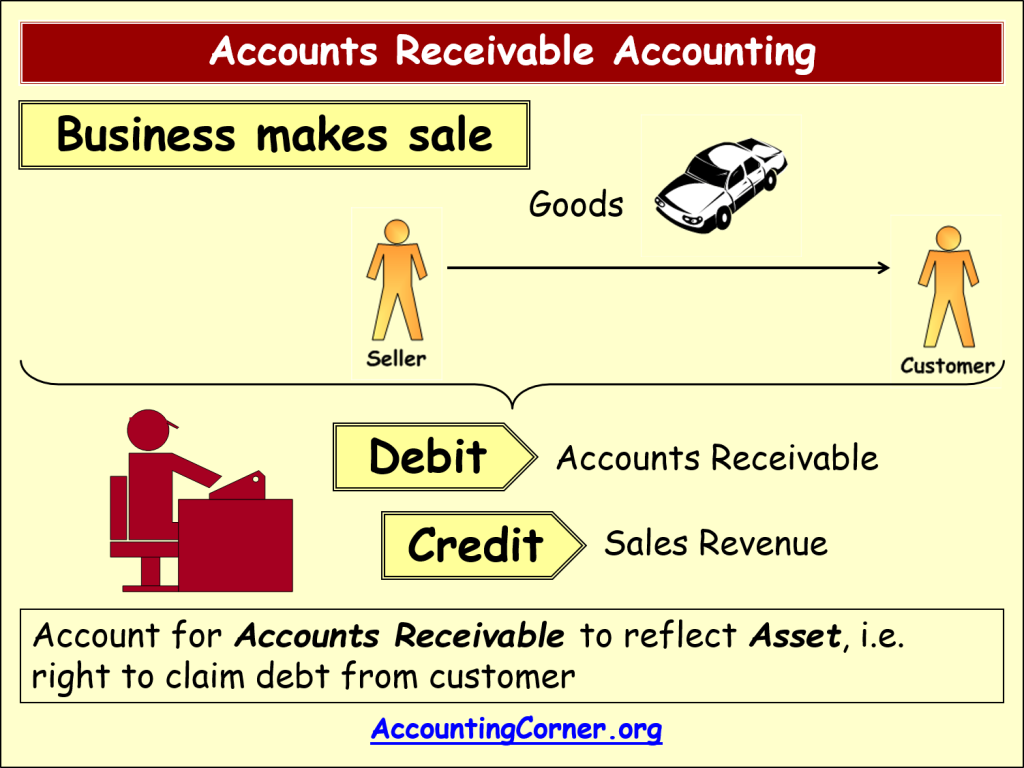Most emerging market nations are evolving rapidly both economically and politically. The International Monetary Fund (IMF) classifies 20 countries as emerging markets. Morgan Stanley Capital International (MSCI) classifies 24 countries as emerging markets. Standard and Poor’s (S&P), FTSE Russell, and Dow Jones also vary slightly in their classification of countries as emerging markets. Emerging markets generally don’t have highly developed market and regulatory institutions like those found in developed nations. Market efficiency and strict standards in accounting and securities regulation are generally not on par with advanced economies such as those of the United States, Europe, and Japan.
What are emerging markets and how do you invest in them?
Investors should carefully weigh the potential benefits and risks before investing in emerging markets and implement appropriate strategies to manage these risks. The regulatory environment in emerging markets can be less transparent and more complex than in developed markets. Investors should understand the legal and regulatory frameworks governing their investments and assess potential risks related to regulatory changes. Political stability can significantly impact investment returns in emerging markets. Investors should assess factors such as government stability, policy continuity, and geopolitical risks when making investment decisions. Emerging market investing axi forex broker refers to the process of allocating capital to countries or regions with developing economies and financial markets.
The World Bank is moving away from defining “developing” countries, and instead groups countries by income levels, with low-income and lower-middle-income countries having an annual per capita income of $4,095 or less. Companies that operate in those markets are expected to increase profits and dividends rapidly. “Global Growth Generators”, or 3G (countries), is an alternative classification determined by Citigroup analysts as being countries with the most promising growth prospects for 2010–2050.
We believe that our business owner’s approach to public market equities exploits many of the market’s short-term inefficiencies, and our track record validates that approach. As of September 30, net of fees and expenses, Emerging Markets Growth outperformed the MSCI Emerging Markets Index in 98% of rolling five-year periods and in 100% of rolling seven- and 10-year periods. Our philosophy is rooted in the belief that, over time, stock prices will reflect the earnings power and growth of the underlying businesses. Jacob only invests in broad-based ETFs and mutual funds to avoid any conflict of interest that could arise from buying individual stocks. Before devoting all his time to ValueWalk, Jacob worked as an equity analyst specialising in mid- and small-cap stocks.
- Emerging markets usually achieve a low-middle income per capita relative to other countries, due to their dependence on agricultural activities.
- These countries are also featured in commonly used indices for emerging markets, such as those of J.P.
- Emerging market countries also often pursue domestic programs such as investing in educational systems, building physical infrastructure, and enacting legal reforms to secure investors’ property rights.
- Additionally, consulting with a financial advisor can provide valuable guidance on investing in emerging markets.
Central bank credibility allowed some to cut policy rates to record lows and engage in unconventional monetary policy without severe exchange rate pressure (Fratto and others 2021). Emerging markets with macroeconomic imbalances or elevated debt burdens continue to face sharp trade-offs between supporting recovery and reducing imbalances (among them Argentina, Egypt, and Turkey). Emerging markets have made remarkable progress in strengthening their macroeconomic policies since the turn of the century, which helped them more than double per capita incomes on average. Monetary policies in percent of the countries we have identified as emerging markets follow forward-looking inflation-targeting regimes, and inflation has fallen and stabilized in most.
Less than $200m of passive money tracking developed market indices would seep out of Greece as a result, according to one HSBC estimate, while inflows from emerging markets investors could top $1bn. The term emerging markets, also known as emerging economies, refers to countries that are not yet advanced economies, but have some of the features of a developed nation. Frontier markets are usually smaller than emerging markets with lower per capita income, less market liquidity, and less industrialization. They offer attractive investment opportunities but frontier markets are considered riskier for investors than emerging markets.
What Is Emerging Market Investing?
Some people say the term is misleading, because there is no guarantee that a nation will shift from its present status to that of an advanced economy, although that is the general trend in the world. Some countries can, in fact, slip from more developed to less developed. The term was first used in 1981 at the International Finance Corporation when the group was promoting the first mutual fund investments in developing nations. The following table lists the GDP (PPP) projections of the 30 largest emerging economies for the year of 2024 (unless otherwise stated).46 Members of the G-20 major economies are in bold. The Russian economy grew at a rate of 1.7% in 2019 and is expected to grow faster if geopolitical tensions with trade partners like the US, Canada, Japan, and the EU reduce. IEMG pays an annual dividend of $1.49, which translates to a 2.74% yield at the current price level.
Zacks’ 7 Best
The classification matters primarily because of index providers such as MSCI and JPMorgan that have a major influence over how international portfolio investors allocate their money. The four largest emerging markets are Brazil, Russia, India and China, How to buy crypto without id i.e. the BRIC nations, followed by Mexico, Indonesia, Turkey, Saudi Arabia and Iran. Countries that are classified as emerging market economies are those with economies that are transitioning into being developed. They have a unified currency, stock market, and banking system, and they’re in the process of industrializing. A country can be removed from the list by either upgrading it to developed nation status or downgrading it to a frontier nation at any of these institutions’ discretion.
The views expressed are the opinion of Sands Capital and are not intended as a forecast, a guarantee of future results, investment recommendations, or an offer to buy or sell any securities. The views expressed were current as of the date indicated and are subject to change. All investments are subject to market risk, including the possible loss of principal. International investments can be riskier than US investments due to the adverse effects of currency exchange rates, differences in market structure and liquidity, as well as specific country, regional and economic developments. Investments in emerging markets are subject to abrupt and severe forex swing trading strategies price declines. The economic and political structures of developing nations, in most cases, do not compare favorably with the US or other developed countries in terms of wealth and stability, and their financial markets often lack liquidity.



